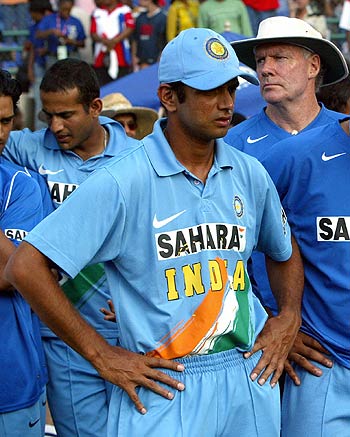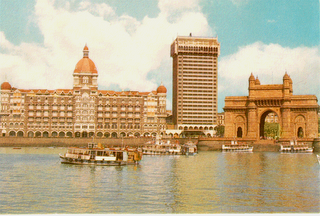
In my earlier blog on the Jessica Lal case verdict, I had said that justice should be deemed served only when the victims feel a sense of closure. Saddam Hussein, the erstwhile autocrat of Iraq, has been executed by hanging today. For a defender of capital punishment, this should be time to shut up and sit quietly, but then common men rarely keep quiet; it’s just that their voice is rarely ever heard.
Saddam Hussein had been credited by some of his supporters for modernising Iraq, and for having kept fundamentalist Islamic forces at bay by enforcing a uniformly secular policy in Iraq. This is all good, really, but I fear not enough to justify massacring innocent people, just because someone from their community tried to kill you. You may have been the symbol of Arab pride against invading American armies, but your conduct towards your fellow Arabs was never exemplary in the first place.
Augusto Pinochet, the former dictator of Chile, who passed away recently, also was credited by his supporters to have ensured that Chile emerged as the most developed economy in South America during his regime. But they don’t mention the countless thousands who simply went missing, just because they dared to oppose his excesses at times. That a ruler makes your life a pleasure doesn’t entitle him to taking it, if you should start asking him questions. A ruler is at best a symbol of the people, to govern their land at their behest, no more.
Saddam’s trial may have been a farce, considering its speed, and the manner in which it was conducted, but that doesn’t still refute one major point. No matter when Saddam would have been brought to trial, no matter by whom, in front of a tribunal appointed by the occupying American-British forces or by a democratically elected government, the verdict would have been exactly the same. His crimes were too explicit, too open to be denied, too horrible to be pardoned or to be given any sentence other than death. That this execution may smack of victor's justice is coincidental, not integral to the sentence.
And it would seem that no one in Iraq was even trying to. Maybe that is why Saddam in his last testament seemed resigned to his fate, and although he did lament his unfair trial, he advised his people not to hate, not even those who had hanged him, for hate blinds one to reason and makes one unfair. A poignant statement and perhaps a wise choice of words.
His victims and their families may now start the process of rebuilding their lives. They can now try to forget those scars which his regime forced on them, because now nothing would be served by them continuing to remember them. Let his final words, his advice to his people, be his legacy, and may it be taken seriously, so that Iraq returns to its former state, as a pristine nation, the jewel in the sand.












